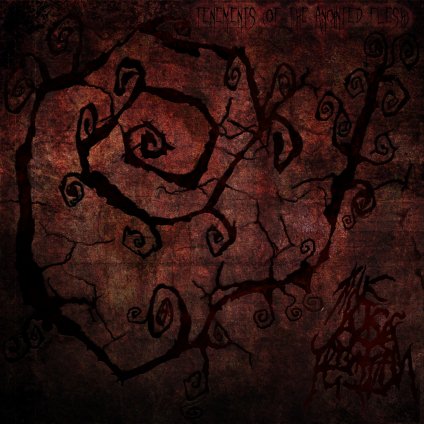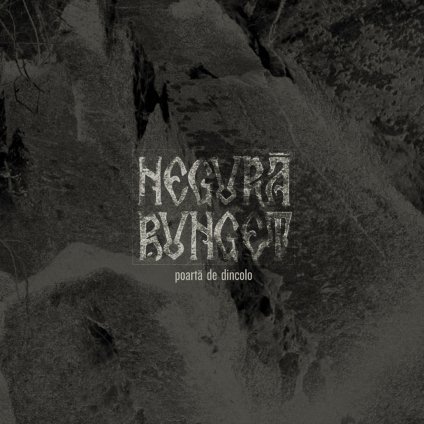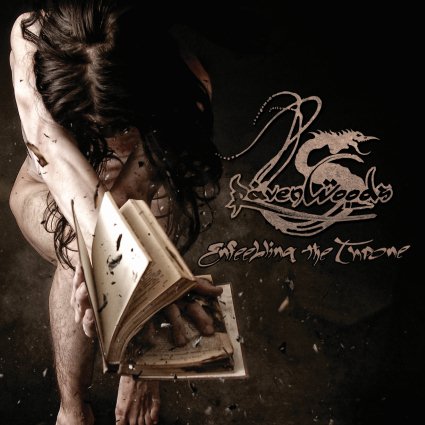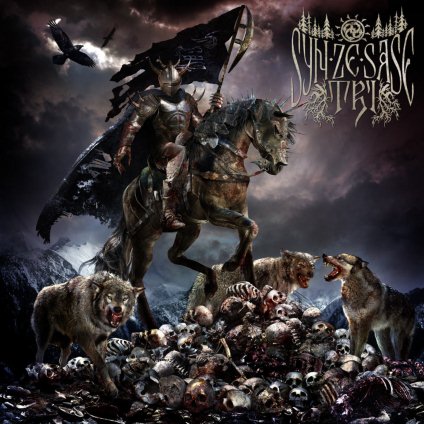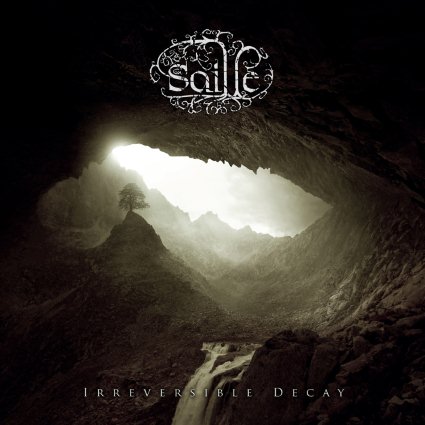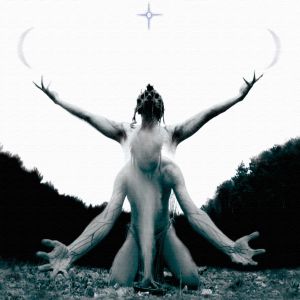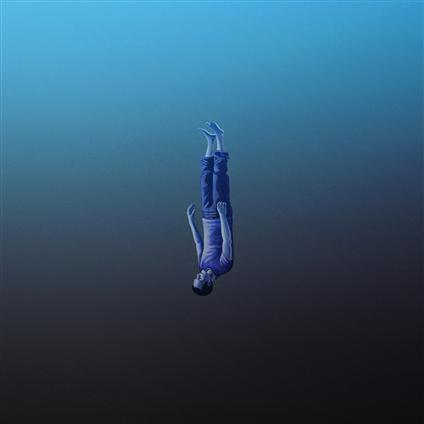When Fen first appeared in 2007 with
their mini-album Ancient Sorrow, its timing couldn't have been more
propitious: it was around then when Drudkh had came up with their
masterpiece Blood in Our Wells and so had Alcest with Souvenirs d'un
Autre Monde – both albums, frankly, belonging to my favourites of all
time – so there was unquestionably a lot of demand for atmospheric,
natural, melancholic dwelling within the frameworks of black metal.
Fortunate for Fen, the band garnered a heap of attention and this
resulted in the acclaimed The
Malediction Fields in 2009 and its follow-up Epoch two years later.
But
where exactly does the band stand in 2012 when people's initial
infatuation of 'shoegaze black metal' has pretty much worn out by now
and everyone is looking for something different already? Quite
interestingly, their third album Dustwalker hasn't really departed
from the style that they've been playing for six years or so: and I
only find this positive since it verifies that Fen is not just a
shallow passer-by to the realms of 'trendy' black metal aesthetics
(a.k.a. incorporating elements of post-rock into black metal), but a
serious player in the field, a field that's been poisoned by a
plethora of mimics. Fen, however, somehow manages to avoid the
biggest clichés and provides some of the finest compositions I've
heard this year.
What
one could have expected after such an introvert, magical and calm
journey as Epoch is that the beginning of Dustwalker would also build up slowly with
some subdued synths maybe, but that is very far from the truth when
"Consequence" quite literally kicks in with a growl and a
menacing melody pattern, soon followed by ravaging blast beats. So is
this the sound of Drudkh gone all evil? Perhaps something close to
that, and I'm already sensing that fans of the band's earlier
material will find this element of raucousness, of stark sounds only
positive. Yes, Dustwalker is in general somewhat harsher and thus in
evident contrast with Epoch, but don't you lovers of calmful
meditations worry too much: within these massive and intricately
textured 10+ minute pieces you will find plenty of moments to breathe
and just indulge in peaceful melodies.
I find
it unnecessary to go too much into details of individual tracks but
since some of the ideas presented here are simply so enthralling I
think I just have to mention some of the album's best parts, like the
latter half of "Spectre" which has this addicting
distortionless line that culminates into a clamorous wall of
instruments: this spectacular, bigger-than-life ending made of pure
euphoria serves as a reminder that you can still do plenty of things
right with something as simple as reverby tremolo. Then there's the
middle section of "The Black Sound" that has this slightly
doom metal feeling to it, another section crafted of rather simple
ideas yet they've turned it into something very effective.
Let
those be just a couple of examples what Dustwalker has to offer. But
on the other hand I also want to dedicate a moment for some
criticism, which mostly goes to the production of the album. I'm not
an audio professional but this sure does sound like it's way too
loud, so I wouldn't surprise if there was a lot of clipping in here.
In all honesty, the pummelling drums (and the 'wavering' effect they
create) almost cause a sickening feeling at times. Neither I'm much
fond of the cover art with the album name that oversized and the
general photoshopped feeling of the piece.
But I
suppose those are just minor rants that deservedly pale in the shadow
of the compositions themselves: needless to say by now, Fen has
done a great job again with combining memorable riffs and atmosphere.
One interesting thing to note is that there's no synths on this album
at all, so the songs rely heavily on guitars. Also, remember to give
the album a little bit of time. My initial thoughts on Dustwalker
weren't as positive as they're now and although I still haven't got
fully over the maybe-a-bit-too-rocking elements of "Wolf Sun",
I've grown to respect that song too. Dustwalker is a really worthy
installment to Fen's catalogue so the score I've given might seem too
harsh considering how I've praised the album, but if we compare it to
e.g. Epoch of which I can't basically find anything negative to say about (and
hence it's rated 4.5 / 5), I hope the rating makes more sense.
4 / 5




